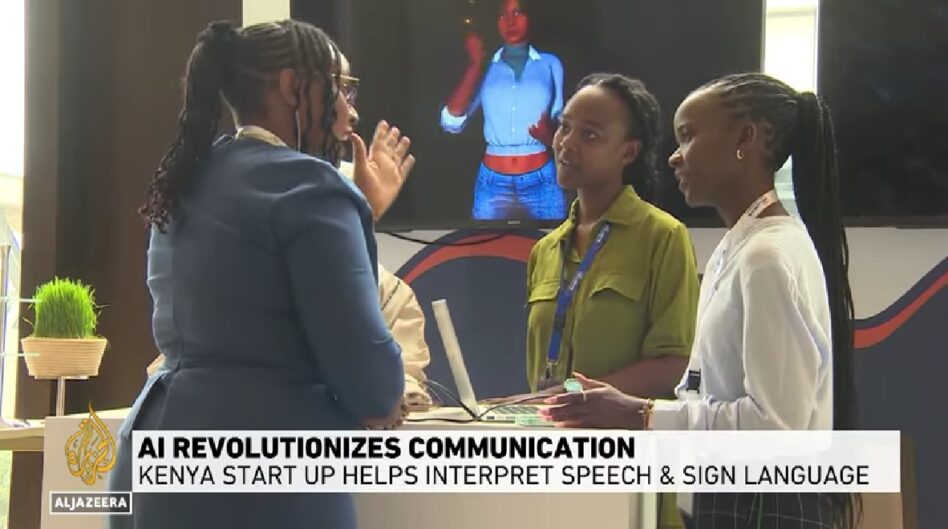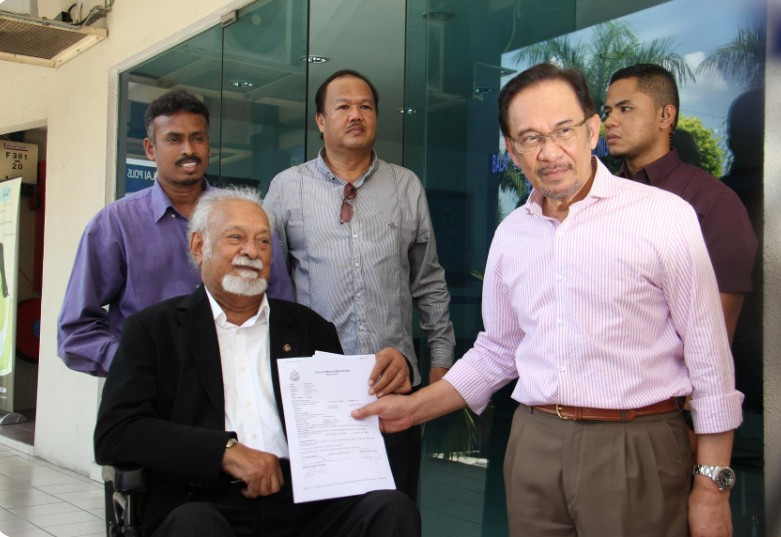By Sofea Azahar
DURING this difficult time, people are trying their hardest to make ends meet while trying to save for the rainy days worsened by the COVID-19 pandemic.
But unfortunately, the current economic environment influenced by supply and demand such as rising food prices is not helping to ease the burden shouldered by rakyat. One way to go about this in the near term is for Government to provide additional cash assistance.
A survey conducted by Malaysian Institute of Economic Research (MIER) in the fourth quarter of last year (4Q20) and reported by Malay Mail shows that around 65% of respondents expressed their worries towards expectation of inflationary pressures especially amongst the rural dwellers.
MIER’s Consumer Sentiment Index (CSI) also registered a 6.3-point drop to 85.2 points in 4Q20, which indicates that consumer confidence towards the economy and their well-being remains low as the reading stays below 100-point level.
Although the country registered a deflation of 1.2% for the whole of last year, it does not entirely reflect the price movement of each CPI component. Inflation still exists for the food and non-alcoholic beverages’ group. Since food is a necessity, the increase in prices would then result in worries among the consumers.
Based on the 2019 Household Expenditure Survey released by the Department of Statistics (DOSM), expenditure on food and beverages holds the second largest share of household’s mean monthly consumption after utilities – RM783 (17.3%).
Another Families on the Edge study conducted by UNICEF and UNFPA in 4Q20 on the urban poor has revealed that 70% of households had no savings left. Meanwhile, 63% of them had difficulties in meeting their essential needs and about 57% were unable to afford adequate food supplies.
If wages are not rising together with the food prices, it is justifiable that the outlook remains pessimistic as we are yet to witness a full economic or livelihood recovery due to the uncertainty to when this unprecedented mishap will be over despite ongoing efforts to kickstart the vaccination programme.
EMIR Research’s recently-released second part of poll findings have shown that there are high degrees of worry towards socioeconomic matters in 4Q20 due to the pandemic – losing jobs (81%) and insufficient incomes (79%). These were relatively more evident amongst the urbanites, according to the findings.
Labour market uncertainty remains and people’s social safety net has also become more vulnerable.
The unemployment rate went up by 0.1 percentage point to 4.8% in 4Q20, with a higher number of unemployed of 760,700 persons. In the same quarter, skill-related underemployment had also increased from 1.76 million to 1.89 million.
In tackling cost of living matters to support rakyat in affording at least basic necessities to survive on daily basis given the high number of COVID-19 infections and extended movement control order (MCO 2.0), additional cash transfers to the needy ones should be considered and not only an acceleration of payment as announced in the latest PERMAI package.
Although the Government has so far announced stimulus packages worth RM320 bil beginning Prihatin (about 22% of GDP) which looks large as an overall, according to estimates by an analyst from the Institute of Strategic and International Studies (ISIS) Calvin Cheng, direct fiscal injection only accounts for 4% of GDP.
This is revealed to be the second lowest in the Asean region after Vietnam (1.6%) whereas other neighbouring countries consist of higher share of fiscal measures in their total stimulus packages – Singapore (19.8% of GDP), Thailand (9.6%) and the Philippines (7.4%).
Even for Budget 2021, sentiments revealed through EMIR Research’s poll findings show that more than half (59%) agree that there is a need to increase budget allocation for the vulnerable groups and a total of 52% are unsure and disagree that Budget 2021 is sufficient to meet the needs of people.
Despite the Government’s maximum price scheme policy implemented during festive seasons, food prices are said to be high during normal days, which strengthens the need for additional cash assistance such as Bantuan Prihatin Rakyat (BPR). Perhaps an expansion in beneficiary coverage can be considered but limited to B40 households.
This is crucial given the restrictions of the MCO 2.0 and many have been badly affected in terms of earnings and employment.
The increase in monthly assistance distributed by the Department of Social Welfare (JKM) announced in Permai package is welcomed albeit the increment not being declared in the announcement. It is hoped to be sufficient for the registered vulnerable groups to be able to afford basic necessities.
Finally, awareness about the importance of social protection for the informal sector workers needs to be propped up to ensure proper and sufficient safety net for them particularly during tough times. So, there needs to be more campaigns to promote Social Security Organisation’s (Socso) Self-Employment Social Security Scheme (SEEIS) and Employees Provident Fund’s (EPF) i-Saraan.
Cash assistance might not appear as something sustainable and it can be unhealthy for people to continuously depend on it.
But the current unprecedented and unfortunate circumstances should make it an exception for the underprivileged to be assisted this way on short-term basis until they are able to recover their livelihoods. – Feb 9, 2021
Sofea Azahar is Research Analyst at EMIR Research, a think tank focused on strategic policy recommendations based on rigorous research.
The views expressed are solely of the author and do not necessarily reflect those of Focus Malaysia.









